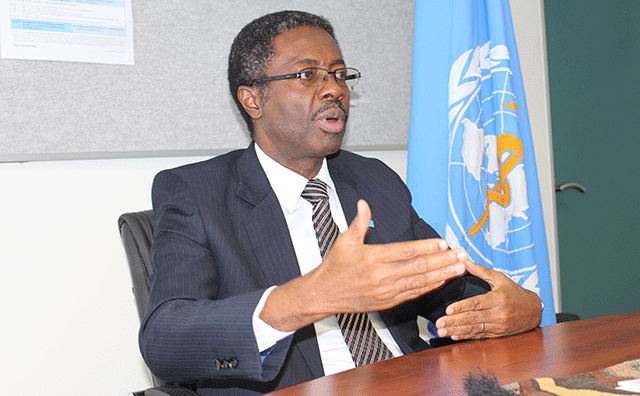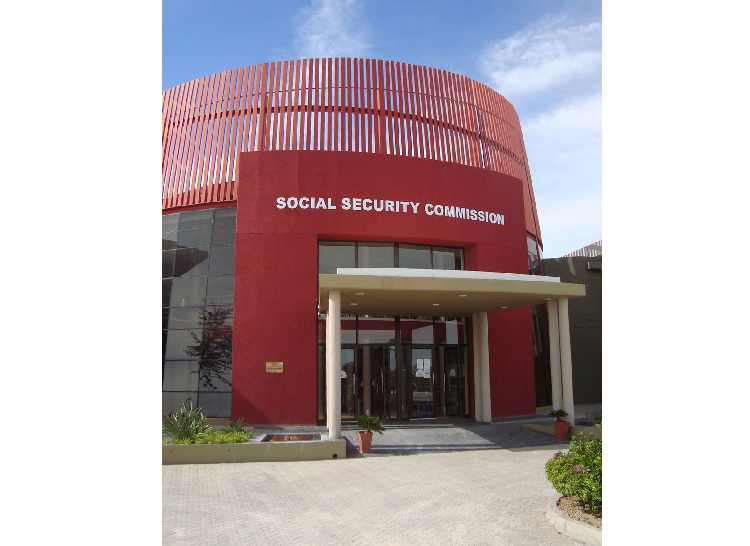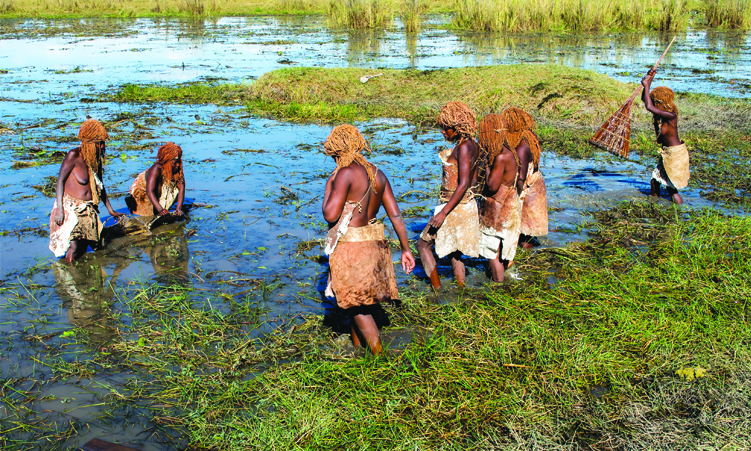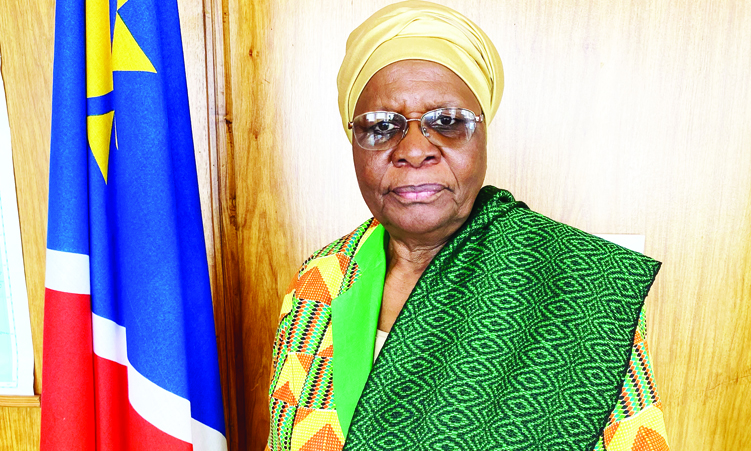MANY Namibians end up spending a lot of money to access health services, and government needs to do more to make quality healthcare accessible to everyone.
Speaking to recently, World Health Organisation representative to Namibia Charles Sagoe-Moses said while 9% of the population incur out-of-pocket expenditure, this is not bad for the country when compared to international standards. There is, however, a problem of accessibility to quality healthcare that results in citizens indirectly spending more on accessing healthcare.
“We need to work on the issue of access and quality,” Sagoe-Moses stressed.
He explained that the centralisation of certain healthcare services has resulted in people having to spend a lot more money on accessing quality healthcare as they have to pay for travelling and accommodation, and risk losing their employment through absenteeism.
People are forced to spend more to get to places where healthcare services are provided.
“Think about someone who is at Gobabis, and needs to travel to Windhoek to access health services because a certain piece of equipment is only available at the state hospital in Windhoek.
“People sometimes have to travel up to three times a week, taking time off work, and spending money on travelling,” he said.
Sagoe-Moses also spoke about this year’s world health day, which will be celebrated on 7 April under the theme ‘Universal Health Coverage.
The day will be commemorated at the Havana informal settlement in Windhoek with activities to promote health education and awareness.
The theme means all individuals should receive quality health services, ranging from health promotions, treatment and rehabilitation.
He added that with health being a fundamental human right, everyone should be able to access quality healthcare at any time they need it.
“You should not be denied quality healthcare because you cannot afford it, and the quality must be good,” Sagoe-Moses said. He furthermore pointed out that there is a need for dialogue to come up with the correct strategy to ensure universal health coverage.
Apart from people receiving sub-standard healthcare or not have access to healthcare at all, Sagoe-Moses said people are pushed into poverty because they directly and indirectly spend more on accessing healthcare than they should.
He thus suggested that the way forward to ensuring that everyone has access to quality healthcare is to mobilise the necessary resources from everyone, and have a shared risk approach for the cost of health.
“When we talk about universal health coverage, we mean anybody’s need is everybody’s responsibility,” he said.
Having pooled funding would be a sort of insurance that will assure that no citizen is denied quality healthcare or access to healthcare due to a lack of affordability, he continued.
Emphasising the importance of universal health coverage, Sagoe-Moses said everyone has a part to play to make it a reality.
Governments are tasked with bringing about policy changes, while professional associations must work towards protecting the welfare and health of the people.
Achieving universal health coverage will need the strengthening of health systems, sturdy financing structures, investment in the primary healthcare workforce, and good governance.
He then pointed to media reports about six-year-old Chryzander Britz being denied medication at a state hospital at Walvis Bay because he had a prescription from a private doctor.
Britz has stage four cancer, and is in need of tablets which can ease the pain associated with a brain tumour.
Sagoe-Moses stressed that the WHO has since independence continuously supported the health ministry in the provision of healthcare.
As for the recent disease outbreaks, the organisation is providing technical support to the government.
He also pointed out that they increased the coverage of routine immunisation for the prevention and reduction of vaccine-preventable diseases, with the immunity gap for measles being reduced from 56 cases reported in 2015 to three in 2017.
With the organisation’s support, Namibia experienced a 98% decrease in reported malaria cases between 2001 and 2011.
The malaria cases dropped from 735 510 cases in 2001 to 14 409 in 2011, and deaths from malaria also decreased by 98% during the same period from 1 747 in 2001 to 36 in 2011.
Stay informed with The Namibian – your source for credible journalism. Get in-depth reporting and opinions for
only N$85 a month. Invest in journalism, invest in democracy –
Subscribe Now!






